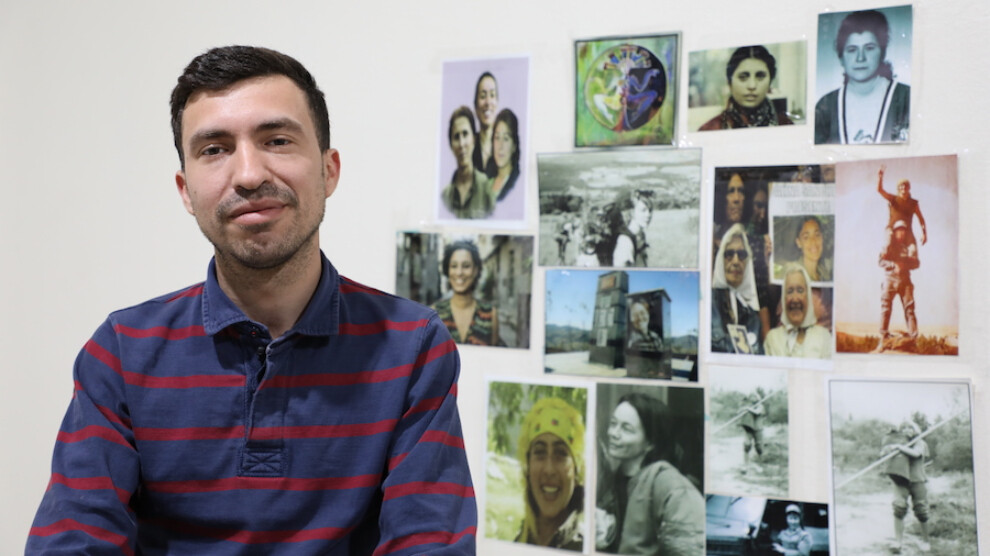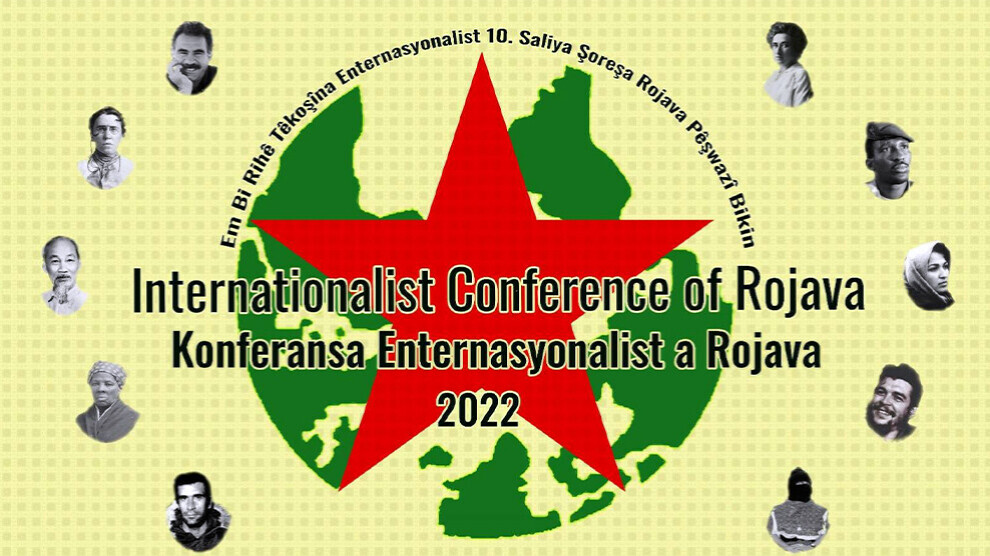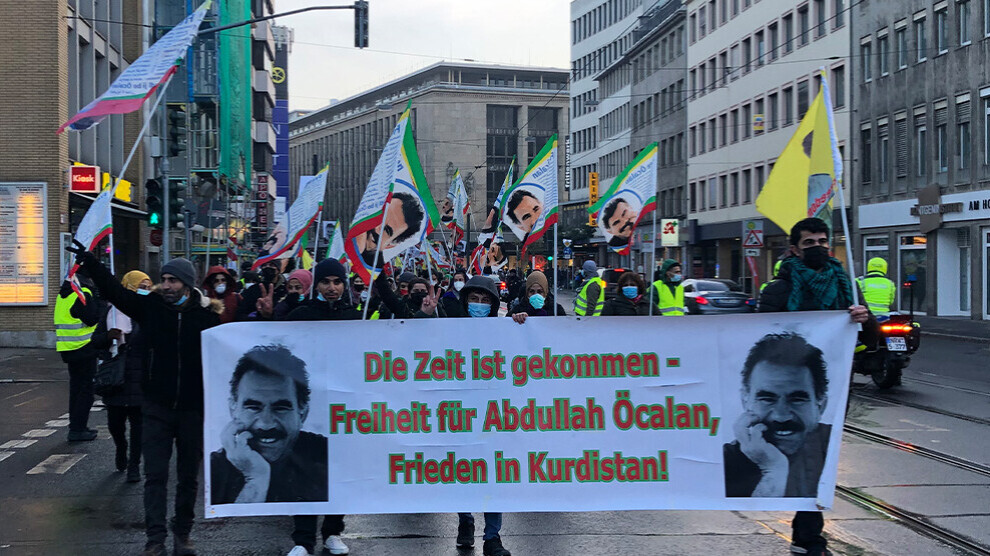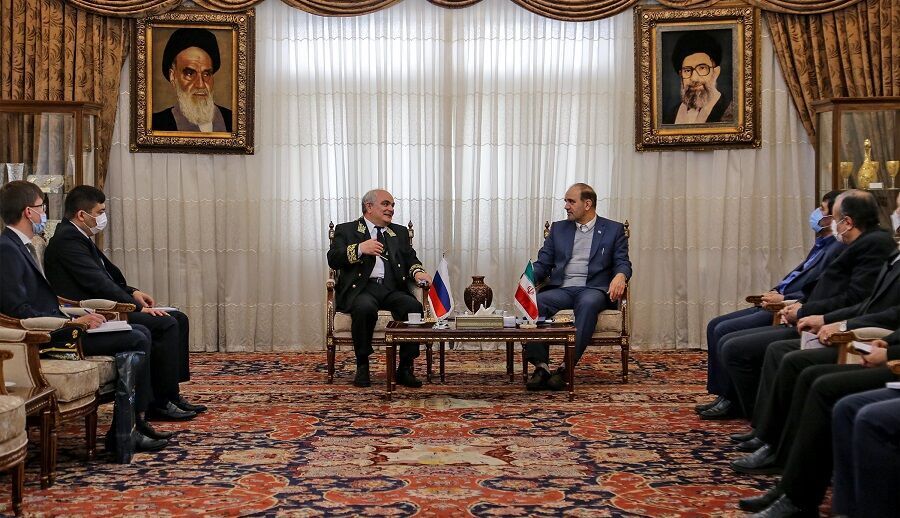In Istanbul, a commemoration rally of leftist youth groups marking the fiftieth anniversary of the Kızıldere massacre was violently broken up by police. At least six participants were detained.
ANF
ISTANBUL
Sunday, 27 Mar 2022,
In the western Turkish metropolis of Istanbul, a rally by left-wing youth groups to mark the fiftieth anniversary of the Kızıldere massacre was violently broken up by police. At least six people involved in the action were taken into custody, some of them by force.
The organizations Dev-Lis (Revolutionary High School Students) and Dev-Güç (Revolutionary Youth Forces) organised the commemoration in front of the Süreyya Opera House in the district of Kadıköy. Initially, the gathering was surrounded by police with reference to a ban on assembly issued by the district governorate. As the group refused to leave the square, the rally was broken up by the police.
"Kızıldere was not the end, the struggle continues" chanted the demonstrators as some of them were taken to the ground and dragged across the asphalt by security forces. Handcuffed with their hands behind their backs, six of them were taken away and taken to a police station. They are likely to face charges of violating the Turkish Assembly Law and resisting state authority.










